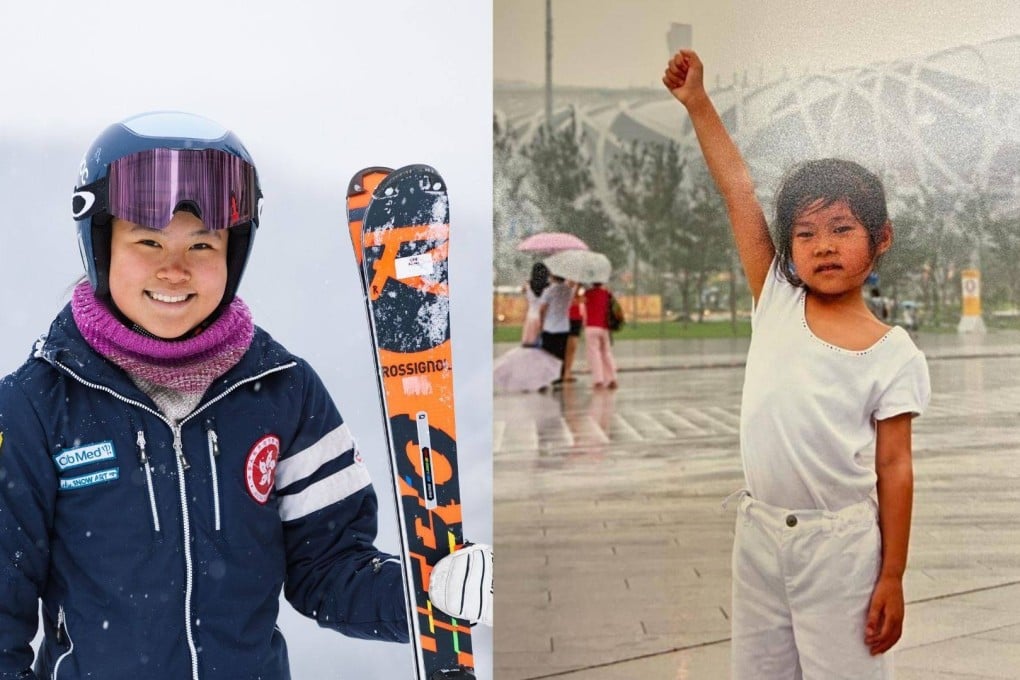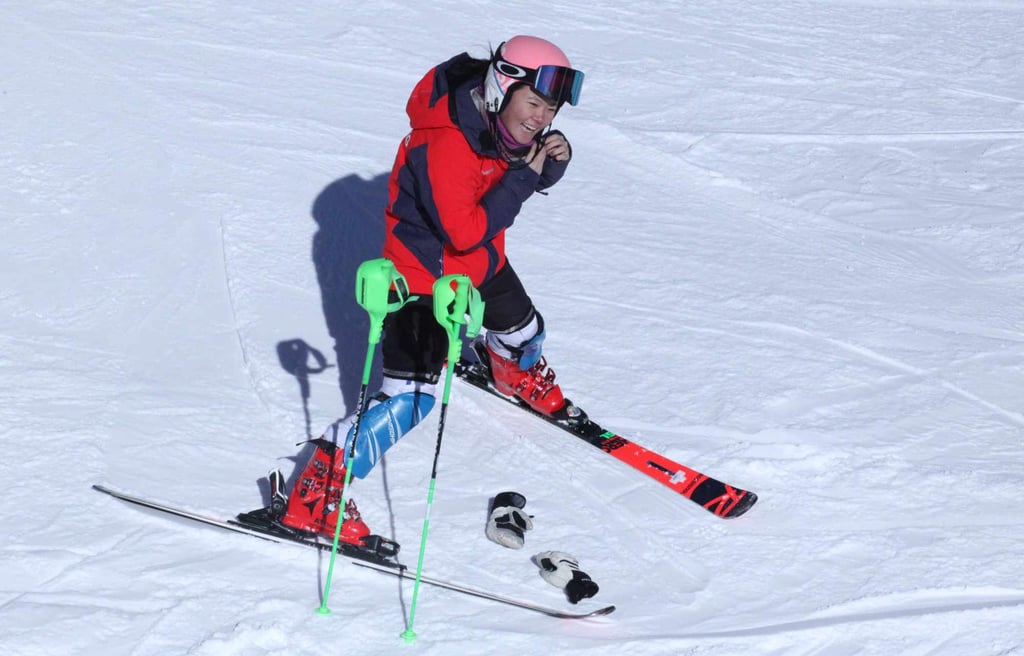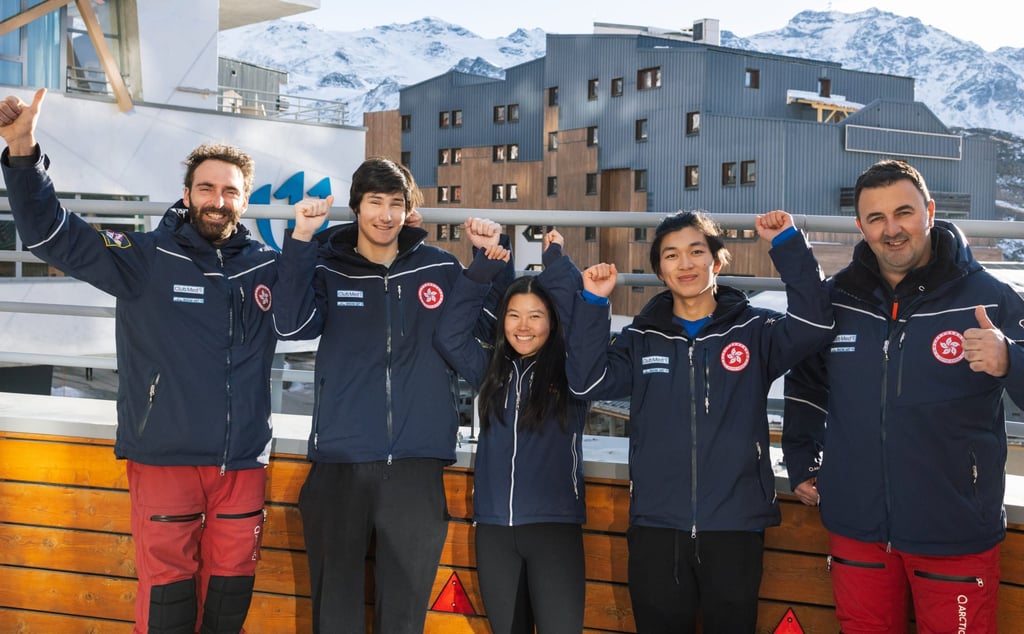Advertisement
Profile | Winter Olympics: why competing in Beijing is another ‘race against myself’ for Hong Kong teen skier Audrey King
- The 19-year-old Harvard University student-to-be still remembers the excitement of attending the 2008 Summer Games in Beijing as a child
- ‘My entire racing career is essentially a race against myself,’ says King, who overcame injuries and a positive Covid-19 test ahead of her Olympic debut
Reading Time:5 minutes
Why you can trust SCMP
3

Hong Kong alpine skier Audrey King has been in a race against herself her entire career.
On Wednesday, the 19-year-old will vie with the world’s best in the women’s slalom event at the Yanqing National Alpine Ski Centre, in what will undoubtedly be the biggest run of her life.
But her week leading up to the Beijing Winter Games has been unsettling, to say the least.

Upon arriving at Beijing Capital International Airport from her Bosnia training camp on January 30, King tested positive for Covid-19.
Advertisement
She tested positive again the following morning, with “Beijing bubble” protocol forcing her into mandatory quarantine while “close contact” teammate Adrian Yung Hau-tsuen and head coach Marko Rudic were also closely monitored despite turning in negative tests.

With just 10 days to her event, there were legitimate fears that King would not be able to make her dream Olympic debut. Athletes require seven consecutive negative tests to ensure participation.
Advertisement
Miraculously, she reported consecutive negative Covid-19 test results last week, allowing her to be discharged from isolation and back on to the training slopes under strict social distancing measures. The trio, forced to sit out of the Games’ opening ceremony, will be tested regularly including six hours before their events.
Advertisement
Select Voice
Select Speed
1.00x